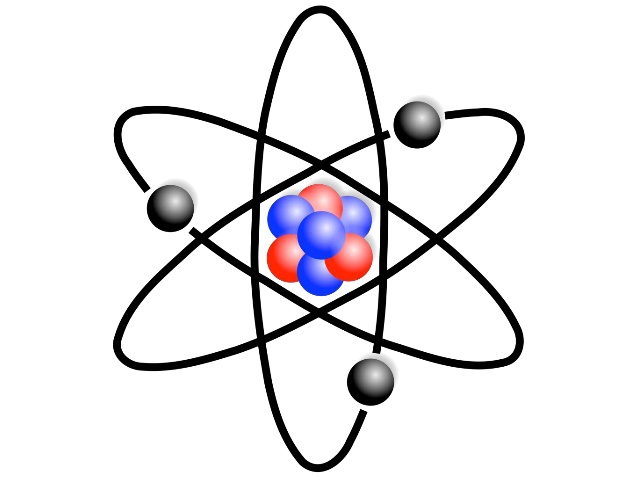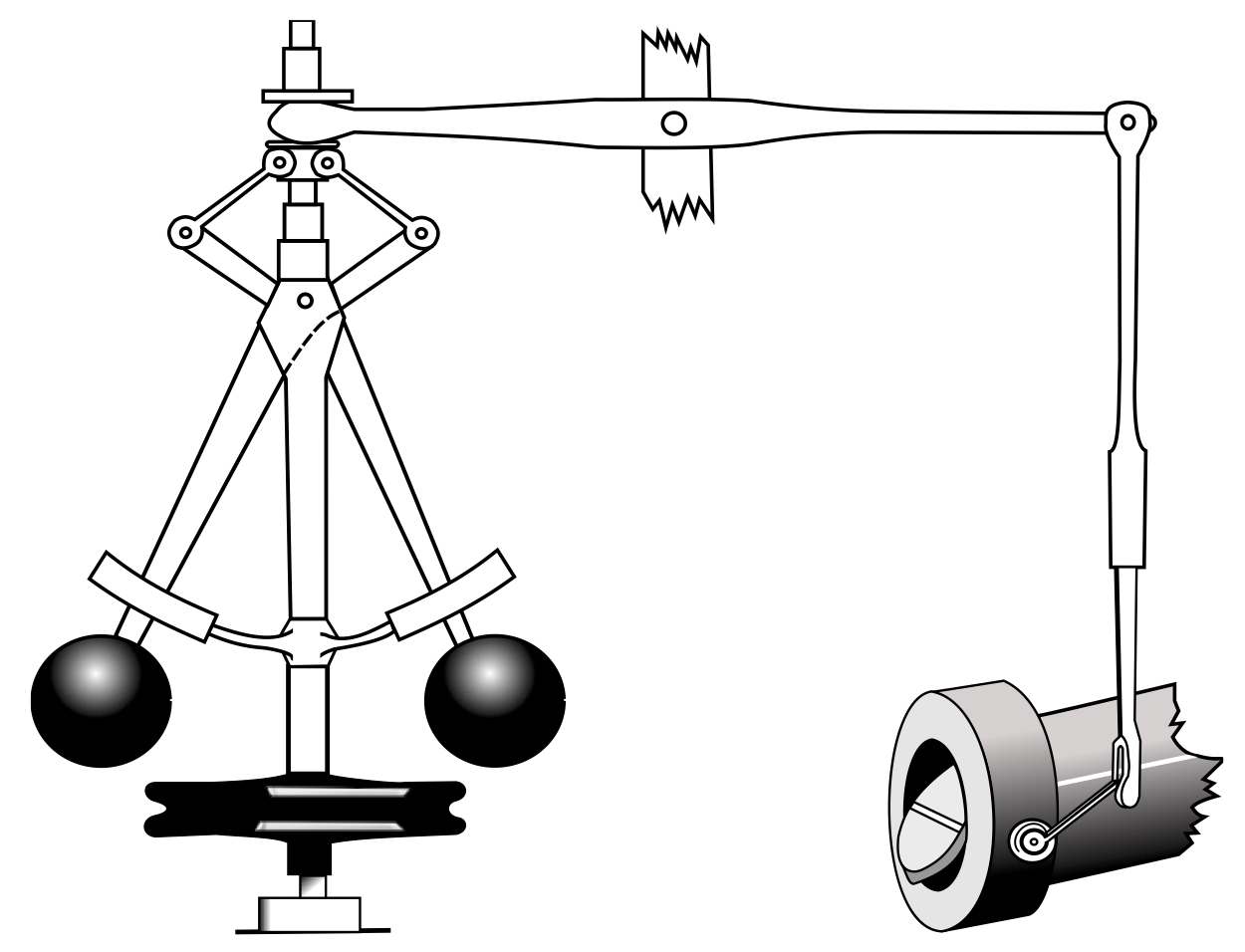Spring 2010, Fall 2010-2015
Structure of the nucleus. Elementary quantum theory. Nuclear forces. Nuclear energy release: Fission vs. Fusion. Fusion reactions. Plasmas for fusion. Power balances in fusion plasmas. Magnetic and inertial confinement fusion concepts. Magnetic equilibrium configurations and limitations. The tokamak. Emerging and alternative concepts. Fusion reactor economics. Radioactive decays. Interactions of nuclear radiation (charged alpha and beta particles, gammas and neutrons) with matter. Natural and man-made radiation sources. Energy deposition and dose calculations. Radiation protection procedures and regulations. Theory of alpha, beta, gamma, and neutron detectors. Applications in dosimetry, imaging and spectroscopy.
Spring 2007, Spring 2014-2016
Experiments on a variety of mechanical, electrical and chemical dynamic control systems. Exposure to state-of-the-art control instrumentation: sensors, transmitters, control valves, analog and digital controllers. Emphasis on design of feedback controllers and comparison of theoretical computer simulation predictions with actual experimental data. Interdisciplinary Lab teams.
Fall 2008, Fall 2009
Analysis and synthesis of linear feedback control systems
by root locus and frequency response; Laplace transform, block diagrams,
Routh-Hurwitz stability criterion; Properties of feedback - Sensitivity,
steaty-state tracking error; root-locus plots, Bode and Nyquist plots,
compensator design.
Spring 2005, Spring 2006
Modeling techniques for lumped parameter systems.
Mechanical, fluid, thermal, electric, vibrational, and hybrid systems are studied.
Numerical methods for ordinary differential equations are introduced as the
foundation for understanding modern simulation tools.
ENGR5: Introduction to Engineering Practice
The objective of this course is to provide the first year students with their
first hands-on engineering experience. The assigned project puts the students
in touch with different disciplines in engineering. This first contact with
engineering sciences helps them to understand career options and opportunities
related to each discipline giving them enough aid at the moment of choosing
their majors.



